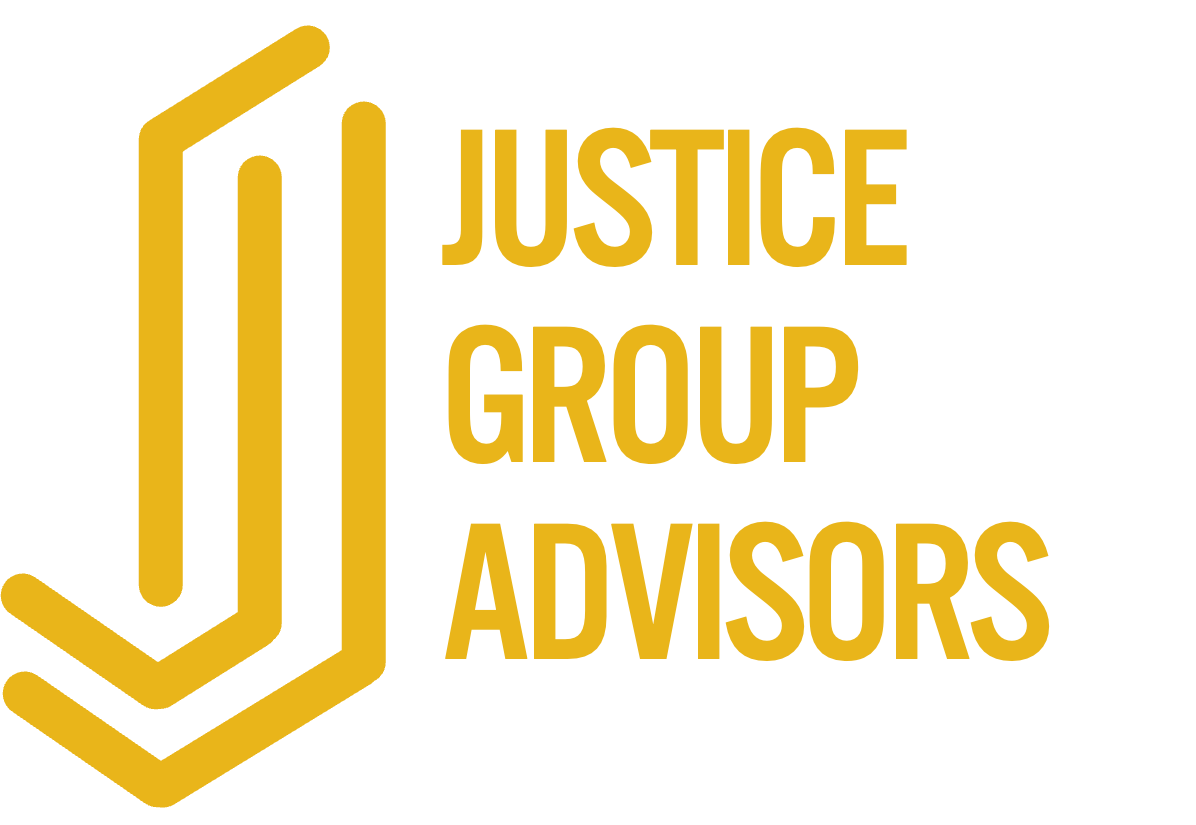Small Acts, Big Impact: Collaboration Doesn’t Have to be Complicated
The Power of Small, Intentional Acts
Imagine this: What if every day, you made one move that quietly reduced friction for someone else?
Whether you're a seasoned executive or a new leader finding your footing, small, intentional acts still matter. They're not about being helpful. They're about reinforcing clarity, trust, and momentum—one small move at a time.
Let me share a real-life example to show how one simple question made all the difference.
Jessica’s Story: From Peer to Leader
When Jessica stepped into her first VP role, she knew she needed to lead differently.
She wasn’t just managing a team anymore—she was managing a team of former peers. And she was shaping how functions worked together across the business. The jump in scope was clear. The shift in behavior? Less so.
Would her peers take her seriously?
Would her team feel supported—or micromanaged?
Could she build credibility without overextending herself?
In coaching, we focused less on what she needed to prove—and more on what she needed to model.
And one habit stuck.
She started asking her direct reports, quietly and consistently:
“What’s one thing I can take off your plate this week?”
Sometimes that led to coaching.
Sometimes to clearing a roadblock.
Sometimes to re-scoping a priority.
But more than anything, it sent a message:
I see you. I’m paying attention. I’ve got altitude—but I’m not disconnected.
Her team started mirroring that same intentionality.
Her peers looped her into more strategic discussions—because she wasn’t reactive, she was attuned.
And her reputation shifted from "new VP finding her footing" to "executive who sees around corners."
It didn’t just change how others saw her—it changed how she saw herself.
Why Small Actions Matter
These aren’t random acts of kindness.
They’re strategic signals—small inputs that create outsized impact over time.
They show you’re tuned in.
You’re not firefighting. You’re sensing where momentum stalls—and removing friction before it compounds.They model clarity over control.
You’re not grabbing the wheel. You’re reinforcing focus.They build trust quietly.
People don’t always remember what you delegated. But they remember when you made their job easier without being asked.
Leadership and Collaboration Start with Intentionality
In my work with leaders and teams, I’ve seen how fostering collaboration starts with intentionality. It’s not about doing everything—it’s about doing something.
It’s about creating a culture where the question isn’t, “Why should I help?” but “Why wouldn’t I?”
Jessica’s story is proof that effective leadership isn’t about having the loudest voice or the biggest plans. It’s about making intentional moves that shift how others think, act, and lead—and role-modeling that success is something achieved together.
Your Turn: Take the First Step Today
Here’s your challenge: Identify one thing you can do today to reduce friction for someone else. Then do it—quietly, intentionally, and without fanfare.
Watch how it shifts not just their day—but your impact.
What’s one act of collaboration you can commit to today?





You're in another meeting feeling pressure to contribute. So you say something—anything—to prove you belong. But here's the truth: you might be solving the wrong problem entirely.